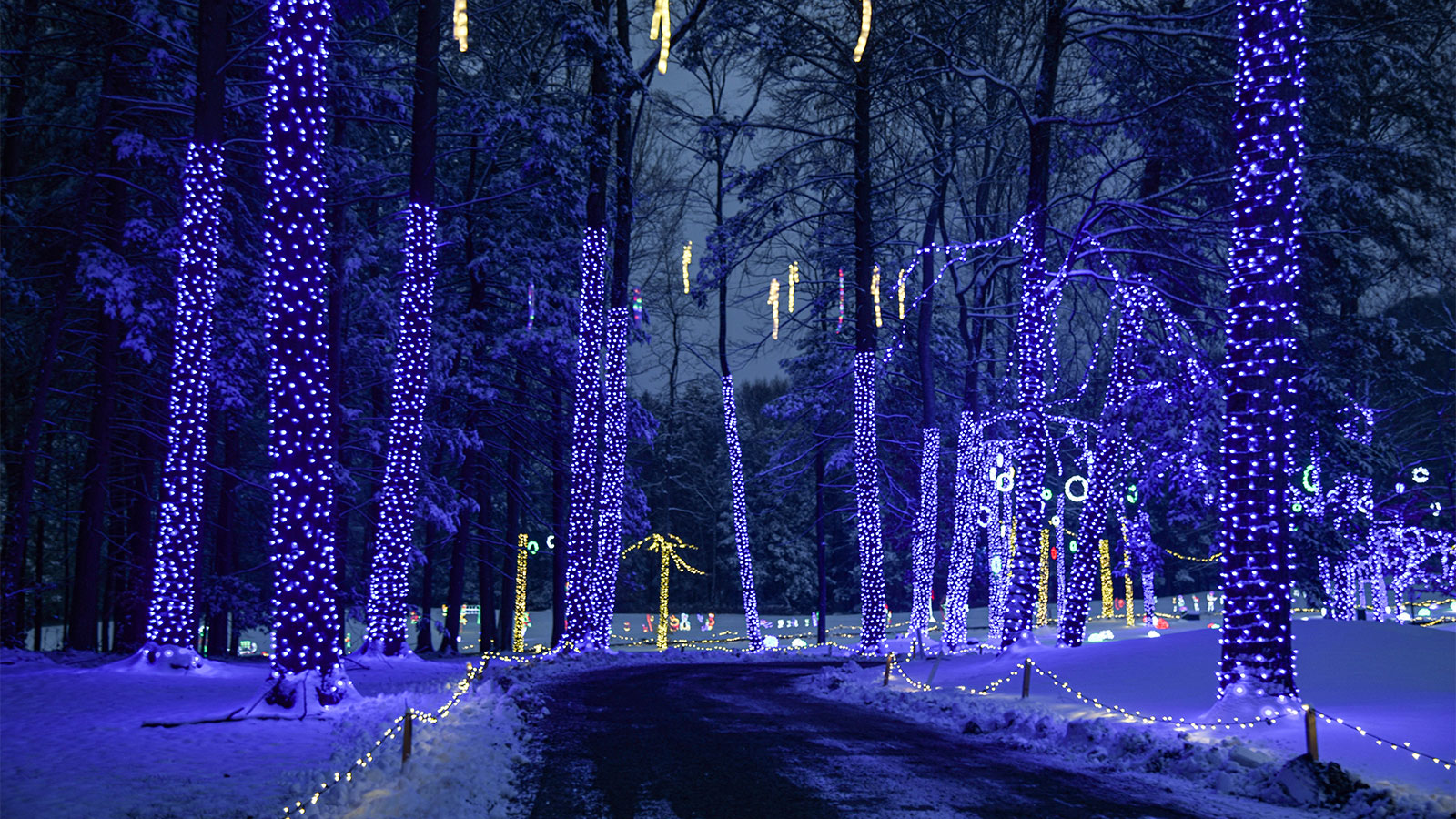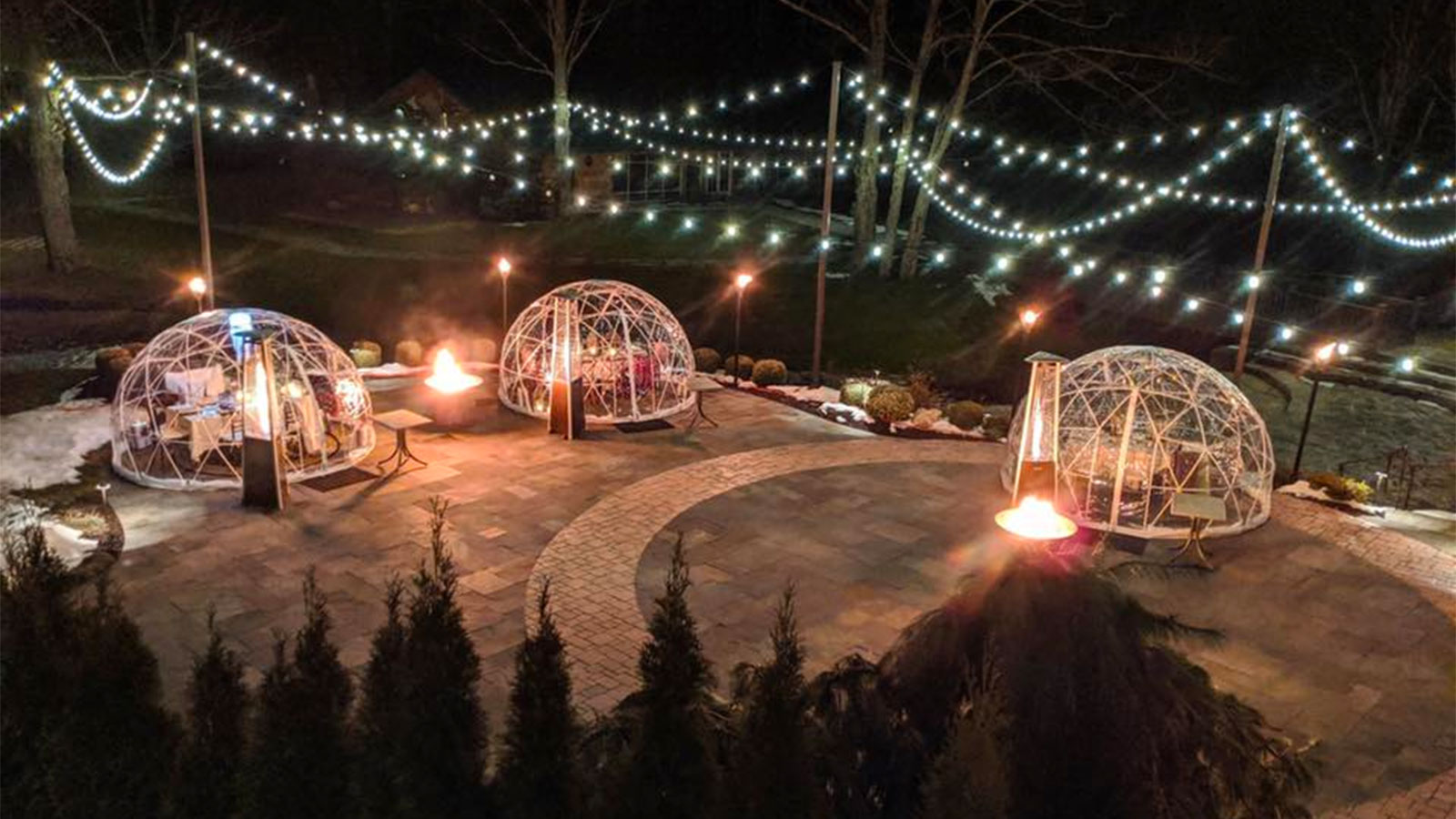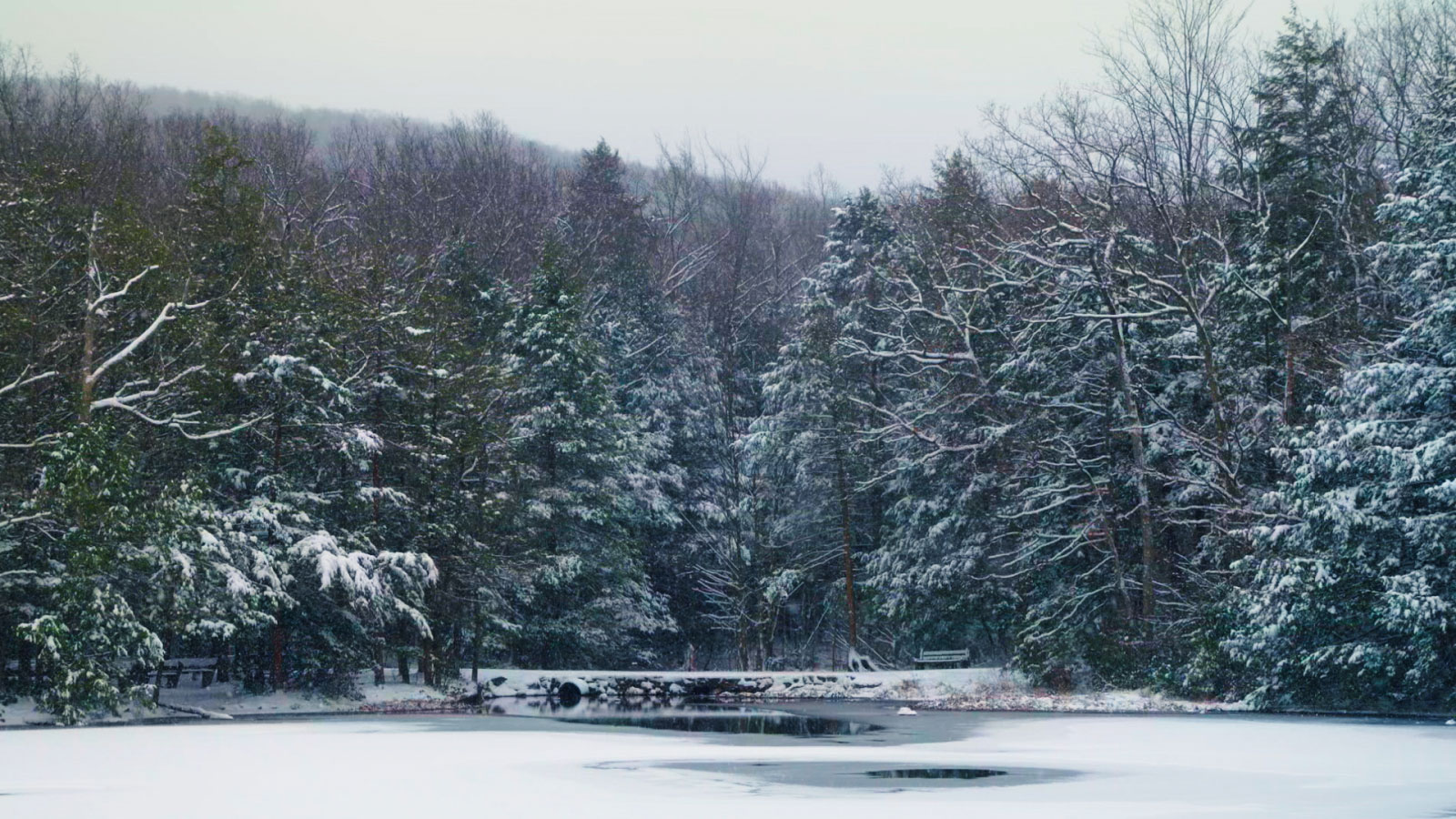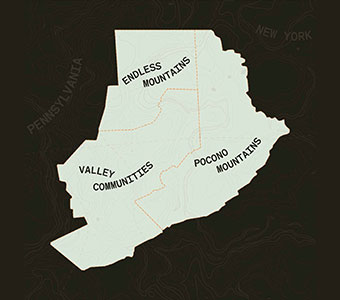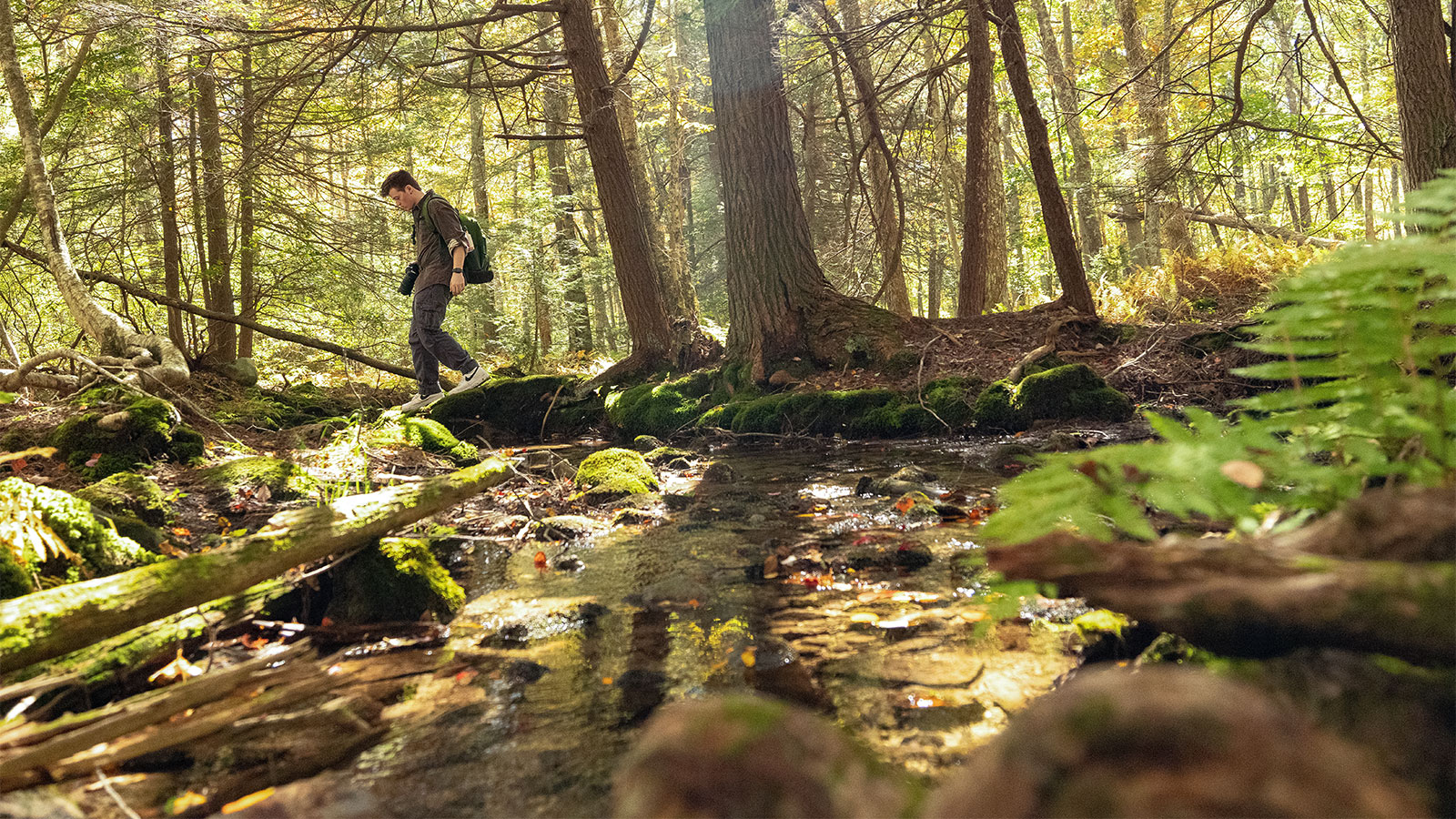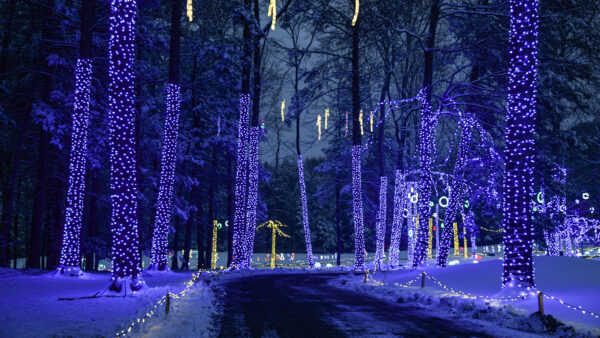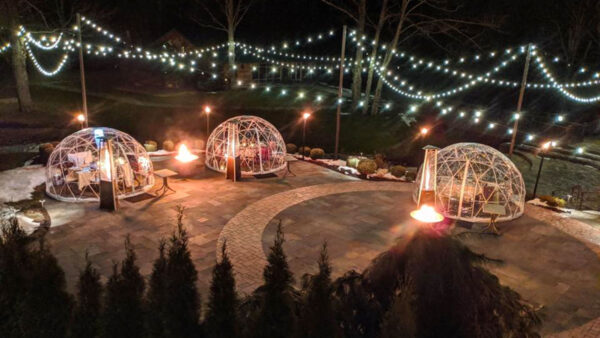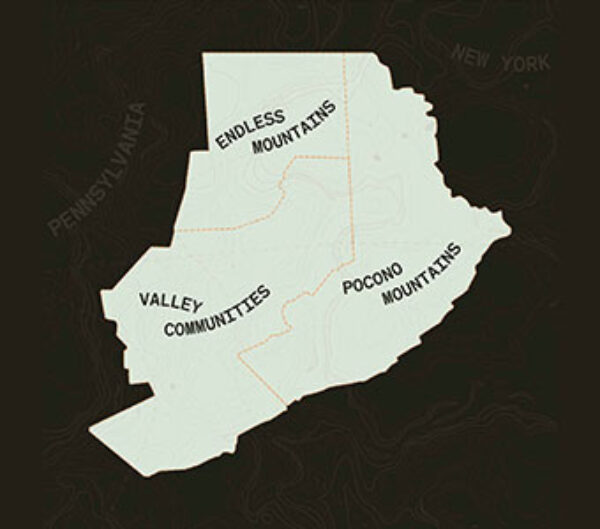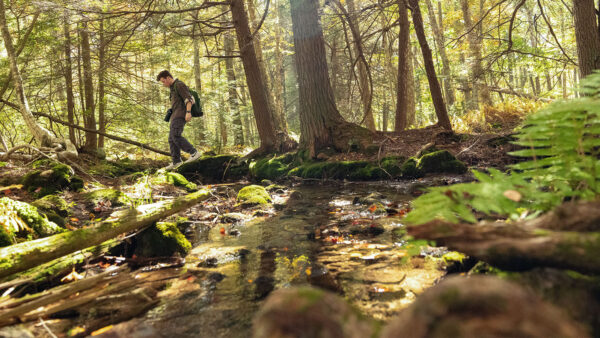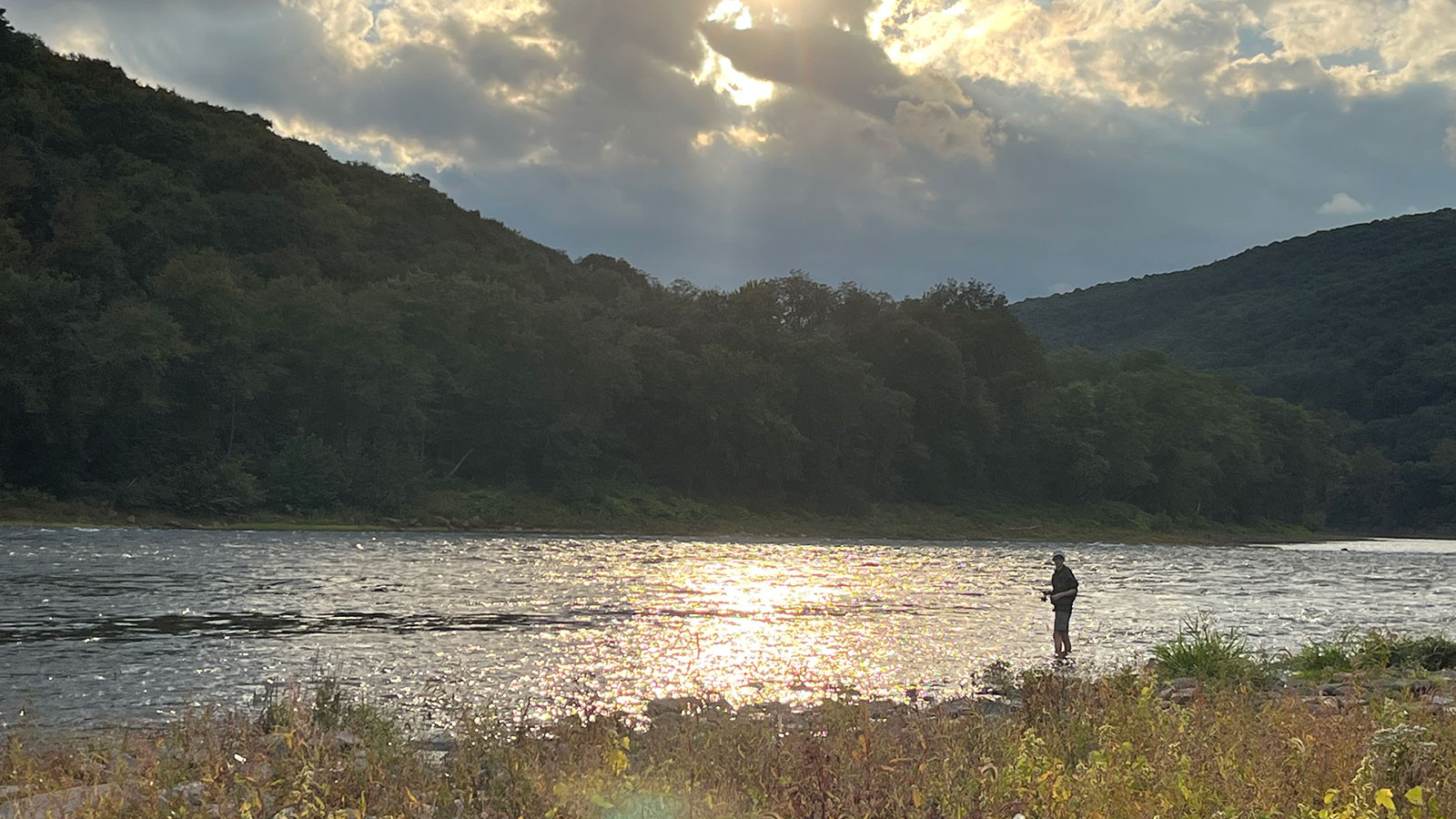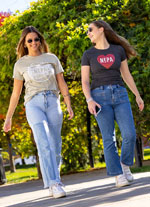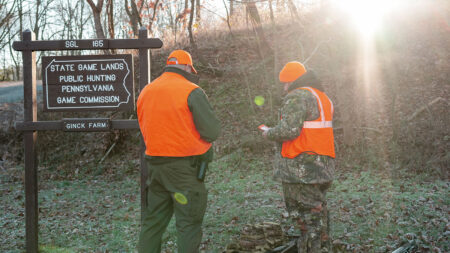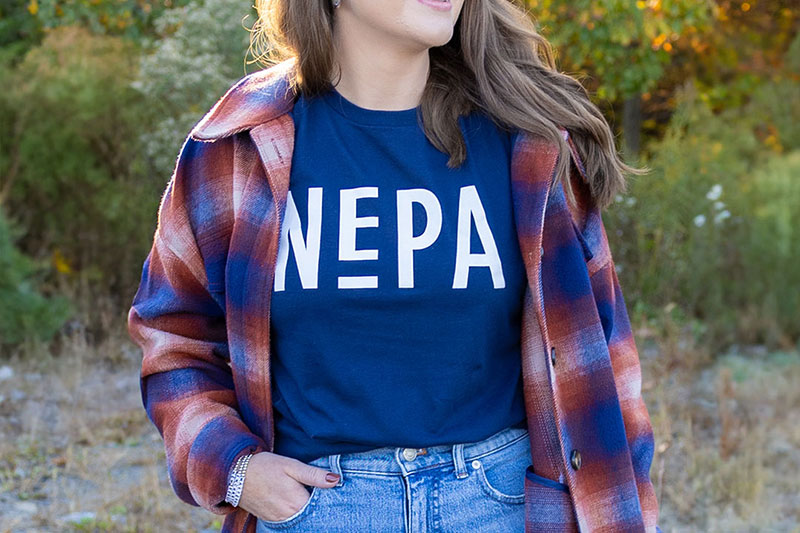Helpful Tips for Maintaining Healthy, Clean Water for Your Community
No matter the season, outdoor recreation is virtually synonymous with Northeastern Pennsylvania. For some, a day in the sun is all about taking a dip in a local lake or casting a line in a favorite creek. Others might see a sunny day as an opportunity to work in the garden, fire up the grill, walk the dog or even wash the car.
Regardless of the activity, there’s one basic component they almost all have in common – water.
NEPA’s abundant lakes, rivers and streams play a major role in the basic operations of daily life. Of course, this is a two-way transaction. Similarly, our household chores and routine water usage have an effect on the quality of our public waters. While its importance is often overlooked or simply taken for granted, clean, safe public water is arguably the most precious natural resource on the planet. And if we as a community can help it, we should work together to protect and maintain NEPA’s waters.
We reached out to The Wyoming Valley Sanitary Authority (WVSA), the region’s leading wastewater treatment service since 1969, for some advice on how we, as everyday water consumers, lawn mowers, gardeners and car washers can lessen the burden our beautiful rivers, lakes and streams have to carry.
Minimizing the Impact of Stormwater Runoff
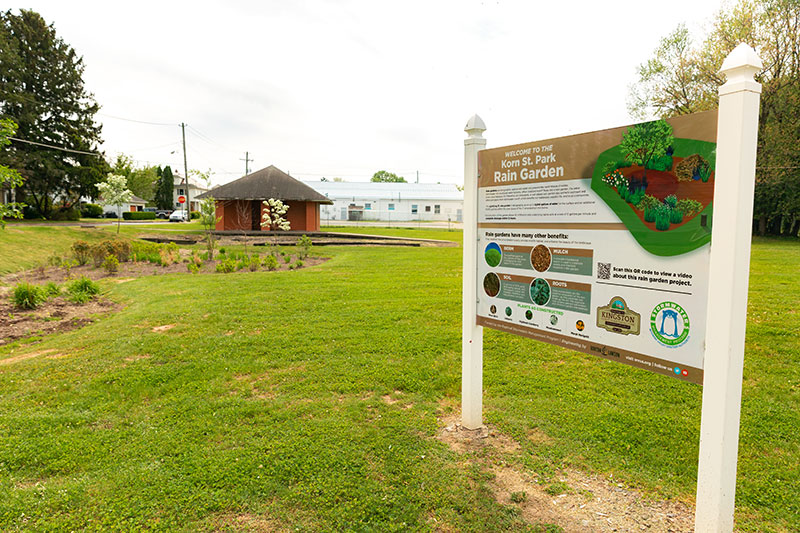
A simple dose of human intervention can have a huge impact.
Whether it’s into a river, a mountain stream or a pristine lake, stormwater will find its way. Along this journey, it carries just about anything and everything not firmly rooted in the ground – fertilized soil, debris, lawn clippings, pesticides, mulch, etc. For delicate ecosystems and man-made communities reliant on the health of public waterways, keeping stormwater runoff as pollutant-free as possible is a matter of public education, awareness and action.
According to Jeff Colella, Stormwater Division Manager at The Wyoming Valley Sanitary Authority (WVSA), “Stormwater runoff is generated when precipitation from rain and snow events flows over land or impervious surfaces — such as parking lots and paved surfaces — and is not able to percolate into the ground.”
The un-absorbed water, as a result, follows the path of least resistance toward a lowest point – in most cases a lake, stream or river. “That runoff,” according to Colella, “accumulates debris, chemicals, sediments and others pollutants that could adversely affect water quality and our environment.” Colella also notes, “Unmanaged stormwater can cause erosion and flooding.”
And while organizations like the WVSA work tirelessly to protect our water by treating wastewater for more than 172,000 residents, managing stormwater runoff, sweeping streets, clearing storm drains and educating the public, it stands to reason that consumers are on the front lines of clean public water.
How You Can Help
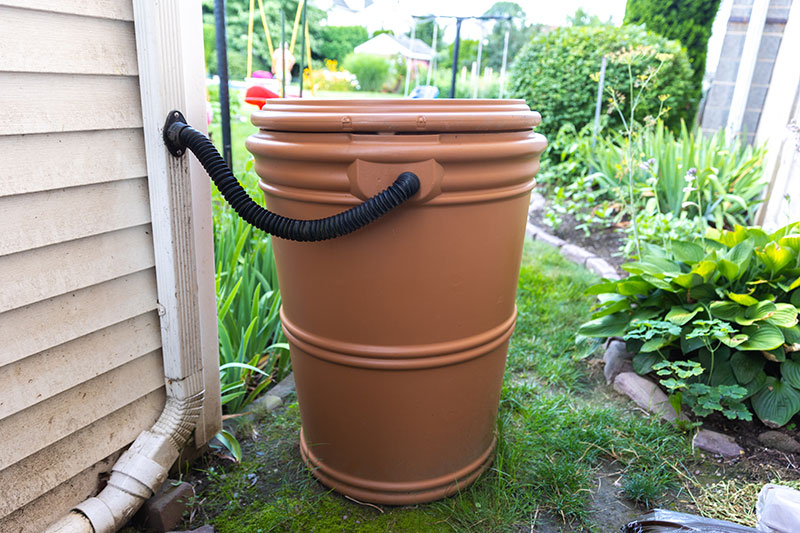
It’s easier than you think!
“Properly managed storm water,” according to Colella, “can recharge groundwater and protect land and streams from erosion, flooding and pollutants.”
In an effort to keep our water safe, clean and protected, follow these Best Stormwater Management Practices from our friends at WVSA:
Public Outreach & Education
Outreach and education help influence and change people’s behavior. Signs and markers near storm drains caution residents that pollutants entering the drains will be carried untreated into a local waterway.
Auto Care
Regularly check cars, boats, lawnmowers and other machinery for leaks and spills. Clean up fluid spills with absorbent materials such as sand or kitty litter and make repairs as soon as possible. Use a commercial car wash that treats or recycles its wastewater, or wash your car on your yard so the water infiltrates into the ground.
Lawn Care
Don’t overwater your grass, consider using a hose rather than a sprinkler. Try to compost or mulch yard waste. Don’t blow yard clippings or leaves into streets or storm drains. Use organic mulch or safer pest control methods whenever possible.
Pet Waste
When walking your pet, remember to pick up the waste and dispose of it properly. Flushing pet waste is the best disposal method.
Recycling
Recycle or properly dispose of household products that contain chemicals such as insecticides, pesticides, paint solvents and used auto fluids. Do not pour them onto the ground or into storm drains.
Landscaping
Permeable pavement systems allow rain and snowmelt to soak through, decreasing stormwater runoff. Avoid using asphalt or concrete whenever possible. Collect rainwater from rooftops in mosquito-proof rain barrels. Plant a rain garden with native plants to collect rainwater and allow it to soak into the ground.
Cooking Oils and Grease
Pour cooled oil/grease into a container, such as an empty coffee can or milk carton, and discard in the trash. Do not pour fats, oils or grease down drains.
Street Sweeping
Follow all street sweeping/parking ordinances so that designated municipalities can properly clean and maintain safe streets.
For more information and tips on how to best manage stormwater runoff on your property or in your community, check out WVSA.org.

